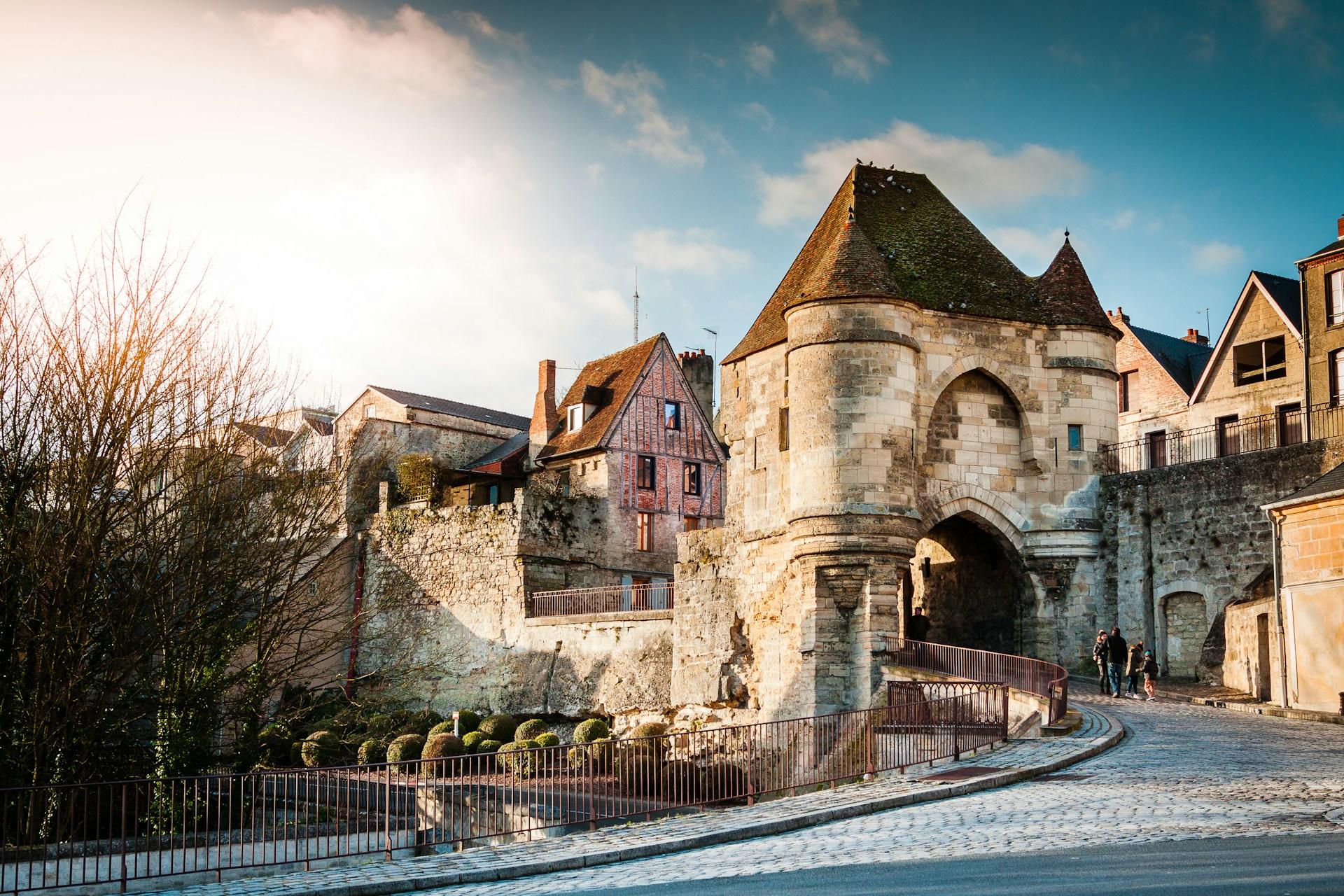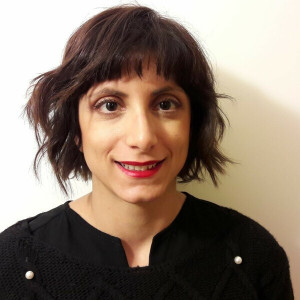Manners cost nothing, and in French, like many other languages, it helps to be polite when speaking to people. This is especially true if you're learning the language and would like the people you talk to to be accommodating.
Learning common expressions of politeness, such as "please" and "thank you", is not just a linguistic exercise, but a practical tool for everyday French interactions. In this article, we'll explore these expressions and many more, equipping you with the language skills to easily navigate various social situations.

Formality in French: Getting Started
Before we begin saying "please" and "thank you," it's important that you take a crash course in French formality.
In English, we achieve formality through register so there is sometimes an obvious way to be formal. We typically achieve formality through our word choice, the use of honorifics and titles like "Mister", "Sir", "Madam", "Ma'am", etc., and the general way we speak.
French has a much easier way around this. Naturally, the language also has these nuances to help create formality. Still, using the second person singular (tu, toi, etc.) is considered informal.
To be formal in French, you use the second person plural form (vous) whether you're addressing a single individual or a group of people.
If you're new to French and this is all alien to you, don't worry. Throughout the article, we'll constantly indicate formal or informal expressions. You may also be interested in French idioms and common expressions, too!
Saying Please and Thank You
To get started, here are the two primary expressions that you'll need:
- S’il vous plaît – please (formal)
- Merci – thank you.
As a novice French speaker, using the two primary expressions, "S'il vous plaît" and "Merci" is perfectly acceptable. These are sufficiently formal and can be used in almost any situation. Remember, regardless of social standing, most people will understand that you're still learning and may need to improve in formality. However, it still helps to study some basic French vocabulary first.
As your French improves, you might be interested in using the informal version of "please." However, until you start mastering the language, only use it with close friends.
- S’il te plaît – please (informal)

Different Kinds of Thanks
In English, we don't just say "thank you;" we can also say "thank you so much," "thanks a million," etc.
You can do the same in French by modifying the simple (yet practical) expression "merci". Here are some common ways to say "thank you":
- Merci beaucoup – Thank you very much / Thanks a lot
- Merci bien – Thanks a lot (informal)
- Merci du fond du coeur – Thank you from the bottom of my heart
- Merci infiniment – Thanks a million (lit. Thank you infinitely)
- Mille mercis / merci mille fois – Thanks a million (lit. A thousand thank yous / thank you a thousand times)
- Un grand merci – A big thank you
There's a lot of flexibility in expressing gratitude in French. Except for "merci bien", which can be a bit too casual for most situations, the other ways of saying thank you express nothing but more gratitude than a simple "merci" and can be used in most settings. So, don't worry about sounding too formal or informal. Just express your gratitude in a way that feels comfortable.
Perfect your pronunciation with French lessons Brisbane here on Superprof!
Thanking People Directly and Indirectly
If you'd like to express who you're thanking, you can use the French preposition "à". This is one of the many ways you can use it. Just remember that this is not the letter "a" as in the French alphabet, but an entire word in its own right with many different uses.
The structure is pretty simple no matter what you want to do:
- Merci à …
This is what it looks like with a view examples.
- Merci à vous – Thank you (formal). Literally, “Thanks to you” (plural).
- Merci à toi – Thank you (informal). Literally, “Thanks to you” (informal).
- Merci à tous – Thank you all
- Merci à Pierre – Thank you Pierre


Thanking Somebody versus “Thanks to ...”
We must clarify that these "Merci à ...” expressions are for expressing gratitude to people.
This is not the same way we use "Thanks to …" in English to indicate a cause and a result, which is "grâce à ...".
For example:
- Nous sommes arrivés à l'heure grâce à John – We arrived on time thanks to John
Speaking of being on time, you might want to learn the French words for days and months, too!
Thank You For...
If you'd like to express your gratitude for something or an action, in the same way you'd thank somebody for a meal, a favour, etc., you can do so in French.
It's not as simple as saying thank you, as you'll need prepositions like "pour" and "de". Use "pour" with a noun and "de" with a verb. As always, a few examples are slightly different, and you'll learn them as you progress.
For the time being, this is what these two examples look like:
- Merci pour le repas. - Thank you for the meal.
- Merci de demander. - Thank you for asking.
The second is an example of putting the verb after merci and is grammatically correct. Still, I can't say I've ever heard anyone in French use "merci de demander" in the way we'd say, "I'm fine. Thank you for asking". Just so you know.
If you get stuck, it can also help a lot to study the French question words.
Being Grateful
You can always say that you're grateful for something. To be grateful in French “être reconnaissant(e)". For those new to French, the (e) will be added for the feminine (anyone or anything that uses the elle/elles pronouns in French). While it's unlikely that objects in French would ever be grateful, it's crucial that you know and learn grammatical gender in French as soon as you can as the agreements depend on the speaker.
As for being grateful, it looks like this:
- Je suis reconnaissant(e) – I am grateful
- Je vous suis reconnaissant(e) – I am grateful to you
In French, "être reconnaissant(e)" is very commonly used in future and conditional tenses to indicate that you're thanking somebody in advance by literally saying "I would be grateful" or "I will be grateful."
In a conditional sense, you can use this like:
- Je vous serais reconnaissant(e) de... – I would be grateful to you...
However, if you would like a simple way to express thanks in the future, such as at the end of a letter or message asking for something, you could use this:
- Merci d’avance – Thanks in advance
This version is far simpler and probably better if you're a French novice.
Your tutor will help you practice your pronunciation with French lessons Melbourne on Superprof.

Thank You Using the Verb "Remercier"
In French, the verb "remercier" literally means "to thank," and it can be used to express gratitude and thanks.
If you don't want to use “merci à ..." or "merci de," this verb is handy for occasionally changing things up.
Remercier uses the preposition “pour” with nouns and “de” with verbs.
- Je vous remercie pour le repas. - I thank you for the meal (formal)
- Je te remercie pour le repas. - I thank you for the meal (informal)
- Je vous remercie d'être là. - I thank you for being there (formal)
- Je te remercie d'être là. - I thank you for being there (informal)
Again, formality with this structure comes with whether you use the “tu” or “vous” form, but since it uses a verb, this looks like “te” and “vous”. If you're new to French, don't worry about it just yet; that'll be another lesson you can look forward to!
If you want to describe what you're thanking people for, it can help to learn the French words for colours.
Thank You Using “Remerciements”
French also has the noun "remerciements," which is also "thanks." In English, this looks like "You have my thanks," for example.
Here are just a couple of examples:
- Vous avez les remerciements de John – You have John's thanks.
- Je souhaite lui adresser mes remerciements – I wish to send him/her my thanks.
Both examples are formal, as the structure itself feels pretty formal. However, in much more casual settings, you could use them in the second person singular (toi, te, tu, etc.).

Get Help in French with a Tutor
If you really want to improve your French, studying and practising as much as possible helps.
The best way to do this is with a dedicated teacher or tutor.
Luckily, you can find plenty of qualified and experienced tutors on the Superprof website.
Whether you need to learn formal French for work or tourist French for travelling, a private tutor can adapt their lessons and sessions to help you learn what you want.
Search for "French" on the Superprof website today to start browsing the profiles of the site's many tutors.
Most offer the first session for free, so why not try a few out before you choose the perfect tutor? We're sure you'll be grateful for their help!
Discover French language courses here on Superprof!
Summarise with AI:
















